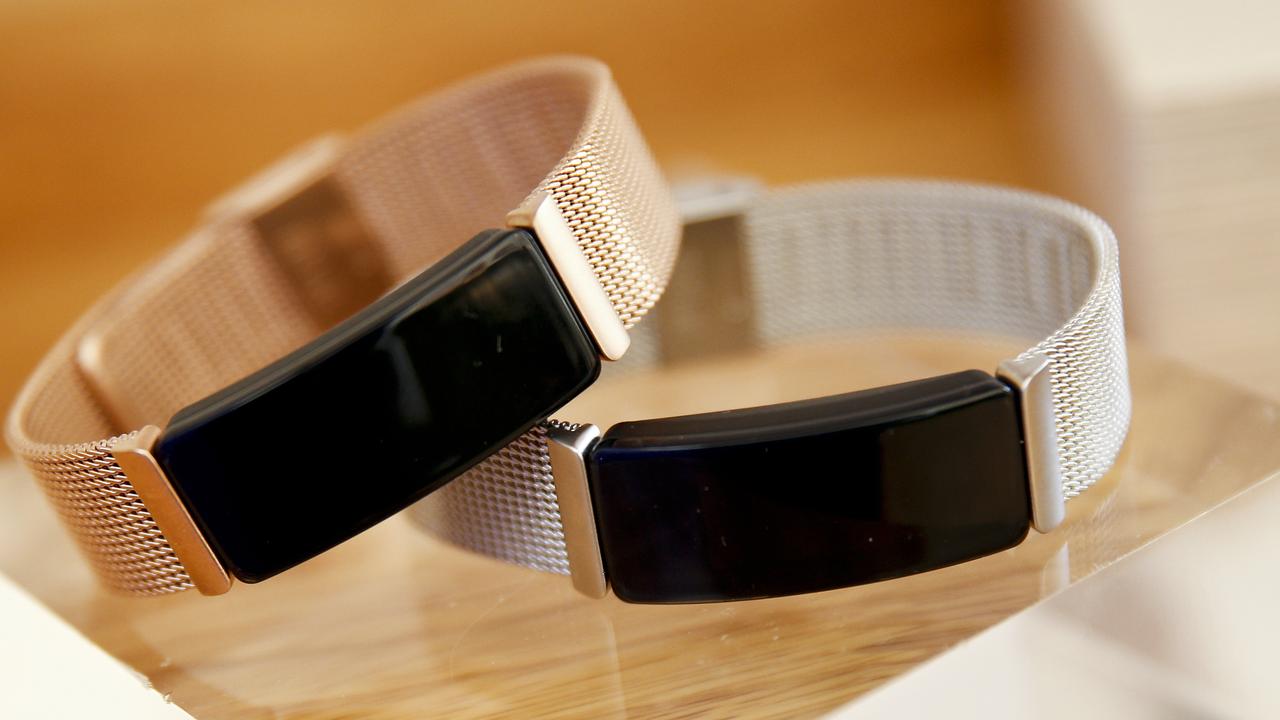How wearable tech is harvesting your data
Forget fretting about your calories, digital health technology like Fitbits and Apple watches may be harvesting your personal data. If we’re not careful it could soon be used against us, writes Nathan Steiner.

As the world becomes more adept at generating and collecting data, we are marching headlong into an ethical dilemma on the ownership of personal information.
At a basic level, location data is widely becoming immersed as part of modern life. In Sydney alone, it is estimated 40,000 to 60,000 people are monitored via CCTV daily. The numbers are even more unsettling for Londoners, who can expect to appear on CCTV over 300 times a day, or in China where there are currently 170 million CCTVs with plans to expand to 400 million by 2020.
RELATED: If you give your keys to burglars expect them to take your stuff
Increasingly, we are seeing government agencies across the world use the availability of widespread CCTV data in combination with intelligent facial and AI pattern recognition technologies to extract ‘meaningful’ personal information such as faces, age, registration plates and more. As such, the ability to harvest this data with a new-found focus on intelligence is creating new paradigms of ‘greyness’ when it comes to the ownership and rights to privacy over personal data.
These technologies adorn the peripheries of our everyday lived experience; from above, below or alongside — somewhat intrusive but not obstructive enough to enter our consciousness. But what if data was able to be harvested from within us? On us?

Wearables are taking these environmental AI and data harvesting concepts and placing the human at the centre. From the tracking of our heart rate in a smart watch or measuring our sleeping patterns, there’s no mistaking the rise of wearable technology. In 2016, one in five Australians owned a wearable device. By 2020, it is expected that there will be over 830 million wearables connected globally.
RELATED: Social media’s promise was a big fat lie
The heart of the wearable debate is moral. Legally, through the click of button and a check of a T & C’s box, technology companies are granted free reign to track, collect and even sell your personal data.
This information is invaluable for business. For example, health insurance providers are already leveraging this personal data to manipulate policies based on information that the customer may never have knowingly or directly shared with them. By capitalising on known health trends, insurance companies can gather data on heart rates, noting the precise age bracket wherein heart health begins to decrease, raising insurance premiums for select ages and in turn raising revenue.

The extent in which some companies will go to collect data can be confronting. Today, it seems that you can’t even watch your favourite TV series or stream an album without having to sign your life away. Yet we’re more than willing to offer up our personal information to enhance experiences or make our lives easier. Conversely, if this data is used unethically or invasively, we find ourselves on the defence.
RELATED: I took Mark Zuckerberg’s advice and now I regret everything
But the reality is that data harvesting isn’t going anywhere. In fact, it’s critical to modern society. Instead, we turn to our elected representatives to implement the right regulations that tighten the reigns on data collection while ensuring enterprises are ethical, accountable and transparent.
The coming years will be a critical time for data management policy, legislation and compliance. Currently, there is a blurred line between what is and what is not acceptable to collect. We can only hope that those who own the data employ it to make everyday life simpler, and not as a tool of manipulation, control and enforcement.
Nathan Steiner is head of systems engineering, Veeam Software ANZ.
Originally published as How wearable tech is harvesting your data


